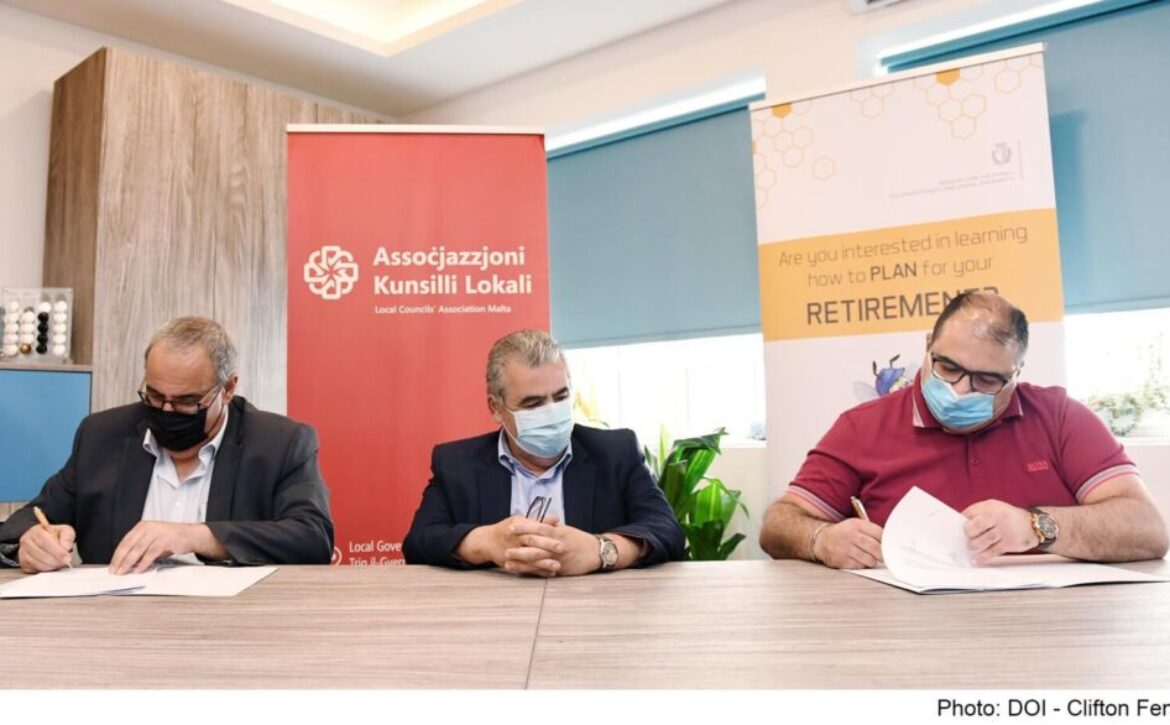The Importance of Local Democracy and Its Connection to Residents
Local democracy is the bedrock of effective governance, as it directly influences residents’ lives in tangible ways. It encompasses the systems, structures, and processes that allow communities to participate in decision-making at a local level. Emphasizing local democracy not only fosters greater citizen engagement but also ensures that residents’ unique needs and concerns are heard and addressed.
Empowering Residents
At its core, local democracy empowers residents by giving them a voice in their community’s affairs. Whether through town hall meetings, local councils, or participatory budgeting processes, residents can express their opinions, prioritize community needs, and influence policies that affect their daily lives. This empowerment fosters a sense of ownership and responsibility among residents, encouraging them to participate actively in the democratic process.
Enhancing Accountability
Local democratic institutions enhance accountability by ensuring that elected officials and local representatives are directly answerable to their constituents. When residents have a say in local governance, they are more likely to hold their leaders accountable for their actions and decisions. This direct line of communication promotes transparency and reduces the likelihood of corruption, leading to more ethical governance.
Tailoring Solutions to Local Needs
One of the most significant advantages of local democracy is its ability to tailor solutions to a community’s specific needs. Unlike centralized governance, local authorities can respond to unique challenges, cultural nuances, and socio-economic conditions that characterize their areas. Engaging residents in decision-making allows for more relevant and effective policies, ensuring that resources are allocated where they are most needed.
Fostering Community Cohesion
Local democracy also plays a crucial role in fostering community cohesion. When residents participate in local governance, they connect, build relationships, and work towards common goals. This sense of community encourages collaboration, mitigates social tensions, and cultivates an inclusive environment where diverse voices are celebrated.
Challenges and Opportunities
Despite its importance, local democracy often faces challenges, including apathy among residents, limited access to information, and systemic barriers that hinder participation. Overcoming these obstacles requires innovative approaches, such as utilizing technology for virtual meetings, enhancing civic education, and creating inclusive forums for discussion. By addressing these challenges head-on, communities can revitalize local democracy and foster a culture of engagement.
Conclusion
In conclusion, local democracy is vital for creating responsive, accountable, and inclusive governance. Its direct connection to residents ensures that their voices are heard and valued in shaping their communities’ future. By actively participating in local democracy, residents can build a resilient and vibrant society that reflects their collective aspirations and values. Engaging in this process is not just a right; it is a responsibility that enriches community life’s fabric.
Mario Fava
President















